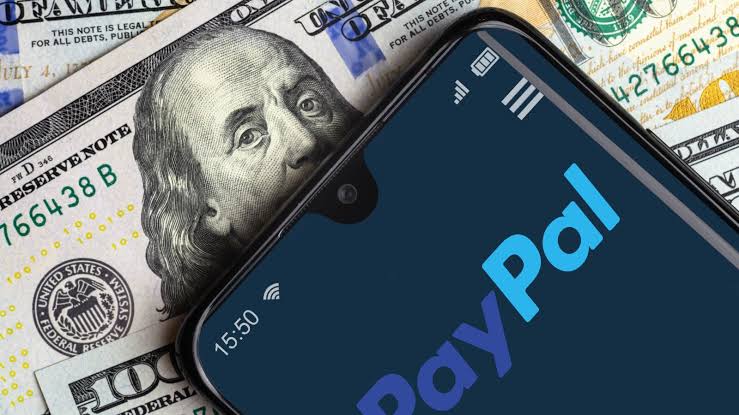
Rise of PYUSD Copycat Tokens, Exploiting PayPal’s Stablecoin Hype
Since the introduction of PayPal’s new stablecoin (PYUSD), opportunists, degens, and potential scammers have attempted to cash in on the craze with their copycat tokens.
According to data from the decentralized exchange scanner DEX Screener, nearly thirty new token pairs with the identifier “PYUSD” have emerged within hours of the announcement.
On various chains, including BNB Smart Chain, Ethereum, and the newest layer of Coinbase, Base, doppelganger tokens have been issued.
It is crucial to note that the actual PayPal USD token was created in November 2022 and can be verified at the following contract address:
PayPal explicitly stated that PayPal USD could only be sent between verified PayPal accounts and other compatible wallets, making it extremely unlikely that any of the tokens listed with the same identifier on UniSwap or any other decentralized exchange are the genuine article.
Since its inception mere minutes after PayPal proclaimed the launch of its stablecoin, the Ethereum-based forgery PYUSD token with the highest trading volume has generated a staggering $2.6 million in volume.

Price action for one imposter PYUSD token since inception. Source: DEX Screener
Despite a surge of more than 30,000% in the first eight hours, the token has since fallen by more than 66% from its all-time high.

Price action since inception for PepeYieldUnibotSatoshiDoge. Source: DEX Screener
One token had a slightly humorous take on PayPal’s stablecoin, opting for the moniker “PepeYieldUnibotSatoshiDoge.”
In four hours, the counterfeit token grew by more than 3,000%. Many of the phony PYUSD tokens listed are likely “honeypots,” meaning that once an investor purchases the token, he or she cannot sell it and has effectively given away their cryptocurrency.
Unless investors are capable of auditing smart contracts themselves, they will frequently discover the token is a honeypot only when they attempt to sell their holdings.
Degens have been observed minting new memecoins to leverage trending news stories and events. On August 3, anonymous developers created the “LK-99” token in an attempt to capitalize on the superconductor mania.
A week earlier, on July 27, degens crafted more than 50 UFO-themed memecoins as the United States Congress held a hearing during which a whistleblower accused the U.S. government of concealing extraterrestrial visitation to Earth.





